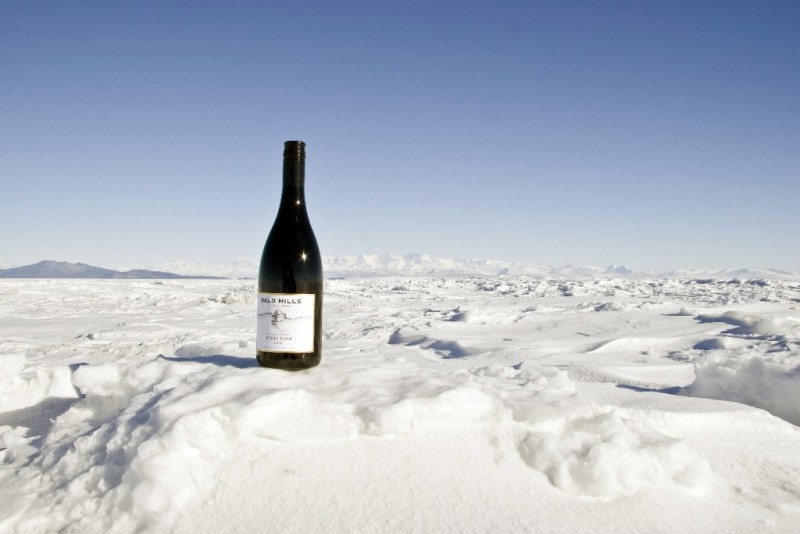
American scientists working in Antarctica have been known to get drunk to beat the cold and loneliness, and it’s causing some problems. Due to reports of “unpredictable behavior,” officials from the National Science Foundation may begin giving their employees breathalyzer tests.
Officials reportedly told auditors of health and safety at two U.S.-run bases, McMurdo Station and the South Pole, that heavy drinking has led to “unpredictable behavior that has led to fights, indecent exposure, and employees arriving to work under the influence.”
The agency is reportedly considering shipping several breathalyzers to the stations, where a total of about 1,150 scientists and support staff are stationed. The agency claims that drinking is “not out of control” and the measures are preventative. “Alcohol-related misconduct is not disproportionately represented at the Antarctic stations,” said an NSF official.
However, there may be some administrative roadblocks. Antarctica is not U.S. territory, making it unclear who would conduct the tests and whether employees would have the rights to appeal them. To make matters more complicated, the South Pole is at such a high altitude that the tests might not function properly.
Other countries with research bases on Antarctica, like Britain and France, each have distinct rules about alcohol use. The British Antarctic Survey claims in its detailed alcohol and drug policy that “alcohol can play a useful role in providing a diversion from the pressures of work when used in moderation,” but staff are prohibited from working under the influence.
Drinking at Antarctica could lead to some serious problems, since the bases are at least a few hours away from the closest medical care facility, in New Zealand. So the supervisors are solely responsible for keeping people safe. “It’s a fine line because you have to let people do their own thing and be responsible,” said one worker. “The South Pole is such a small community, there’s only one person for each job.”
